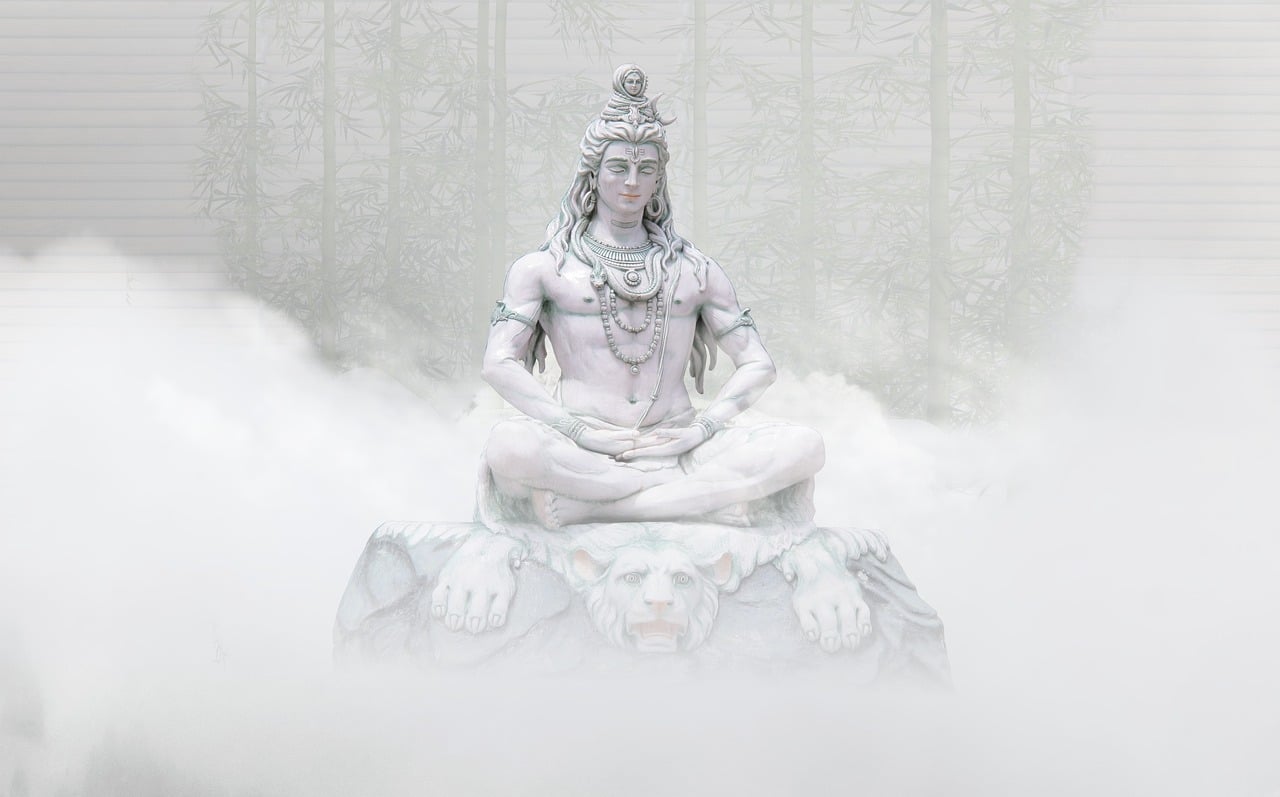
Divinity is the essence and nature of God.
God's own
Divinity is that of God , the supreme being recognized by various monotheistic religions. Superhuman qualities are part of divinity, since they exceed the human (or humanity). The omnipresence , omnipotence , and omniscience of the Christian God , for example, are features of his divinity: a person is not omnipresent, omnipotent, or omniscient.
Omnipresence is God's own ability to be everywhere at the same time. We must not understand this from a physical point of view, as if it were a person, but with a much greater scope than what mere material presence could have at all possible points. God cannot be measured or described; Its omnipresence allows it to observe all its creations at once and attend to their needs, as if it could be divided into infinite entities, each complete with all the characteristics of the original.
Omnipotence is the ability to "do it all", to achieve any goal you set. The power of God has no limits, is not finite, nor can it be expressed by our values: believers accept that He created the world itself, that it is the origin of existence and that He could end it if He so desired.
Omniscience allows God to know everything, both real and possible. This feature of divinity supports its "absolute" character, since God does not need to grow or evolve, but rather is his maximum state, one that we mortals can never reach. Know our past and our infinite possible futures, in addition to knowing what we think and feel. However, he chooses not to use this information to interfere with our existence, because he wants us to be free to make our own decisions.
Deity
Divinity is also synonymous with deity (a god or divine being). Polytheistic religions believe in the existence of multiple deities.
Take the case of Hinduism . In this religion there are divinities such as Shiva , Brahma and Vishnu , among many others.
Detecting or accepting the existence of divinity, whether as a superhuman property or as a deity, is a matter of faith . An atheist , to mention one case, disbelieves that divinities exist. For a Catholic , on the other hand, there is an eternal divinity who created the universe and who can still influence it by performing miracles .
Note that calling the Christian God "divinity", understanding him as one among several is not correct and can be taken as a lack of respect for those who believe in his existence. The same thing happens when writing "god", with a lowercase initial. Therefore, we must use the appropriate terms for each context to avoid these types of conflicts.

Sculpture of Shiva, an important deity of Hinduism
beautiful person or thing
The human being who is characterized by his beauty is also called divinity, a term that can also be applied to an object: “That girl is a divinity, she has beautiful eyes and beautiful curly hair,” “The pendant that my friend gave me .” husband for the anniversary is a divinity” , “How divine the dress the bride wore! “I would love to wear a model like this at my wedding.”
In these three examples we see the use of the term divinity to describe the beauty of a girl, a pendant, and a dress. We must understand that the sensations evoked by a very beautiful person are not the same as those of a material object, even if we use the same term; Yes, they can have in common that they dazzle us in an unexpected way .
